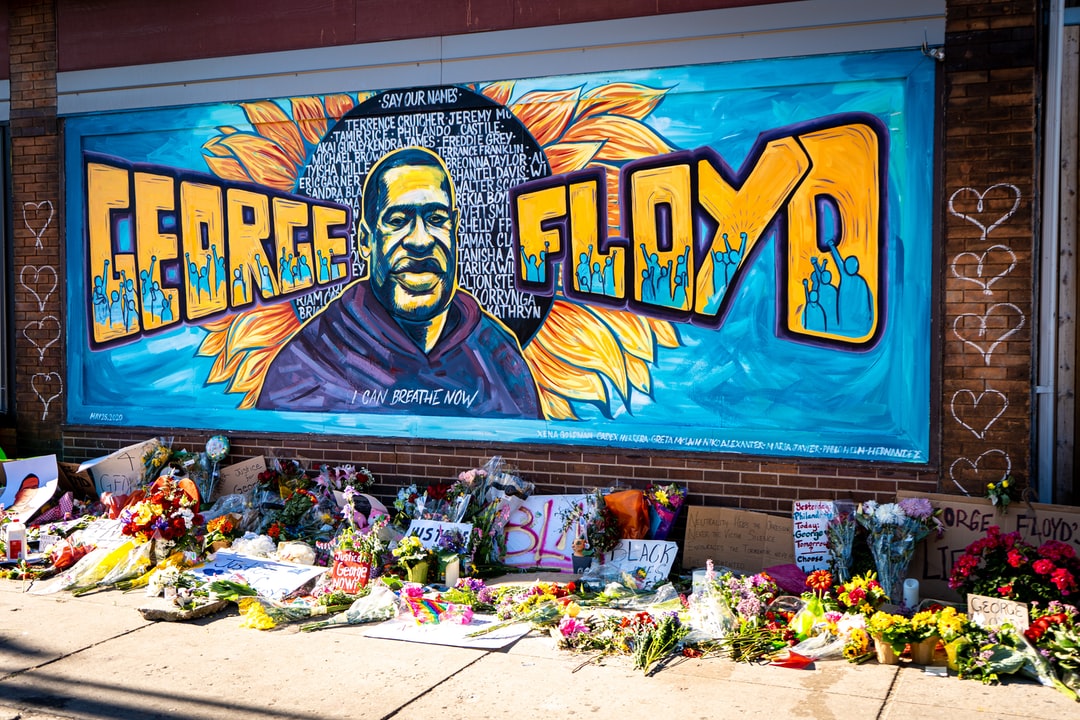Department of English Statement against Police Brutality and Anti-Black Racism
Members of the Department of English are in solidarity with Black faculty, students, and staff at the University of Winnipeg and in the community more broadly, always, but especially now in the aftermath of the violent murders of African Americans George Floyd, Tony McCade, Breonna Taylor, and Ahmaud Arbery at the hands of police officers and/or white vigilantes. We recognize that these four murders are not exceptional; they belong instead to a long and enduring history of systemic state and police violence against African Americans. These murders have been rendered more visible and painfully repetitive this past decade by the ubiquitous eye of personal digital technologies.
Those who participated in protests recently organized in several Canadian cities (including Winnipeg) in solidarity with African American communities make it abundantly clear that racism and police brutality are also endemic to our cities and communities, here in Canada. The violent response by police forces to protesters in Montreal adds yet another chapter to this enduring legacy. The recent death of Regis Korchinski-Paquet during a police intervention in Toronto is the latest incident in a long series of police-related deaths of Black, Indigenous, and other people of colour in Canada. Closer to home, and in a span of 10 days between April 8 and 18, 2020, the Winnipeg police shot dead two Indigenous men (Jason Collins and Stewart Kevin Andrews) and one Indigenous teenager (16 year old Eishia Hudson). We thus recognize that Black Canadians, as well as Black and Indigenous Winnipeggers, are also grieving their own pain in their expression of solidarity with the grief and pain experienced by African Americans. They carry an emotional burden that cannot be fully appreciated by those who are immune to these experiences, especially white Canadians who still accrue most economic, social, and political benefits from European settler colonialism.
In this moment of shared grief and anger within Black communities, we invite non-Black students, faculty, and staff at the University of Winnipeg to show their support by listening to, and learning from, Black voices and expressions. As English scholars and students, this is an invitation for us all to read, watch, and listen to Black literary, artistic, critical, and activist expressions. The work ahead requires humility rather than simple empathy. It demands of white folks in particular that they shed the sense of insecurity and fragility that leads many to still resist acknowledging and stating out loud, without qualification, the self-evident fact that Black lives matter. It requires of non-Black folks that they take on the labour of educating themselves about the foundation and persistent history of anti-Black violence and racism in our communities. In doing so, they must resist easy escapes into guilt, which too often shut down conversations and provide alibis against accountability. This moment reveals the urgency to reflect on the very specific functions and operations of anti-Black racism in settler capitalist societies, in close kinship (while never being synonymous) with Indigenous dispossession and the oppression of People of Colour, migrants, refugees, and the poor.
We encourage all faculty members at the University of Winnipeg to be particularly attentive to the needs of Black students, as well Indigenous and other students of color, who are expected to keep pushing through their course curricula in unprecedented circumstances. Many of these students are understandably interpellated by the daily media spectacle of anti-Black violence and anti-racist protests, and in the context of a global pandemic in which distance learning renders even more precarious one’s capacity to think, learn, and write while attending to the increasing demands of family and everyday life. We encourage colleagues and administration to be cognizant of the added layer of effort placed upon Black faculty and staff to repeatedly teach their peers, supervisors, and students about the basic dignity they deserve. To, in these moments of additional pain and grief, take on the labour of representation and visibility at an institution where they are grossly underrepresented.
We invite all faculty, staff, and students to consult the University of Winnipeg Students’ Association (UWSA) statement against racism and inequality in solidarity with the Black community, which lists several Black student led groups, organizations, and initiatives you can support in Winnipeg (including @justice4blackliveswinnipeg on Instagram and Facebook, which also accepts monetary donations).
Finally, for it bears repeating, over and over again until it can finally roll off everyone’s tongue, as an uncontroversial common sense: “All Black Lives Matter.”

